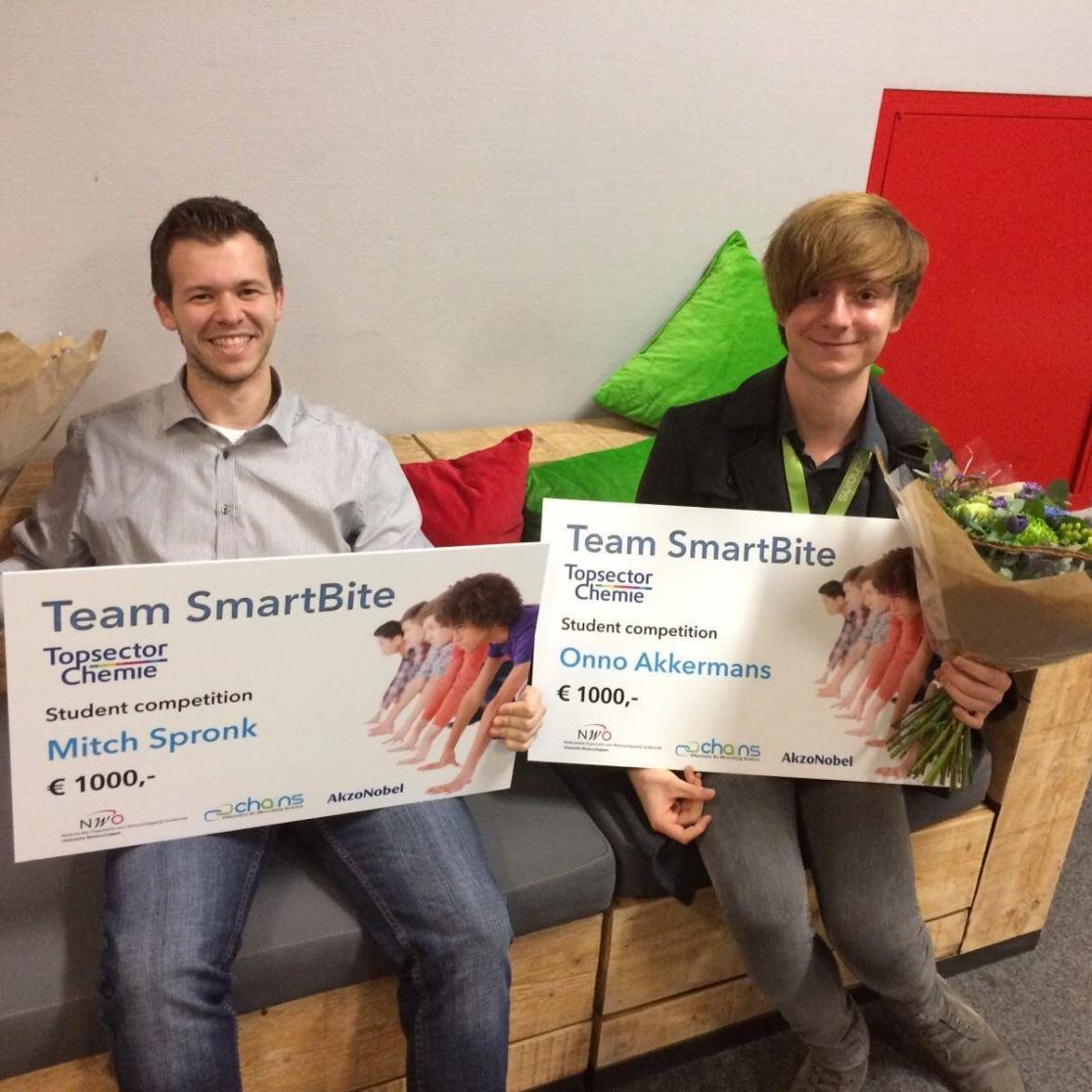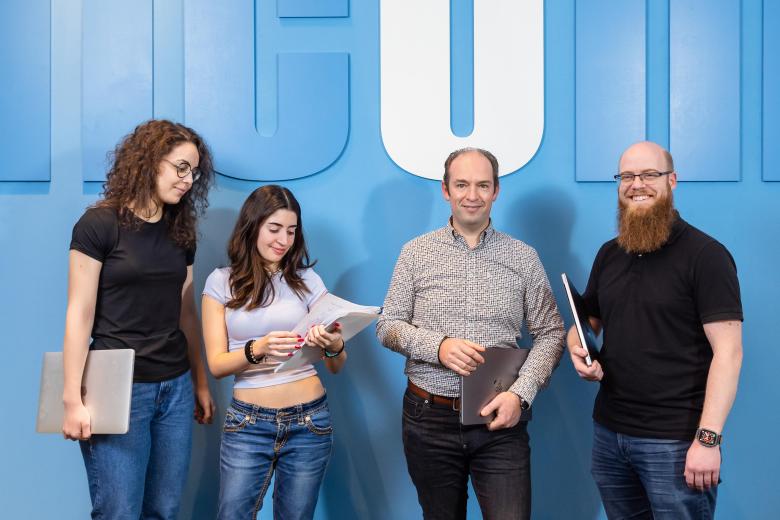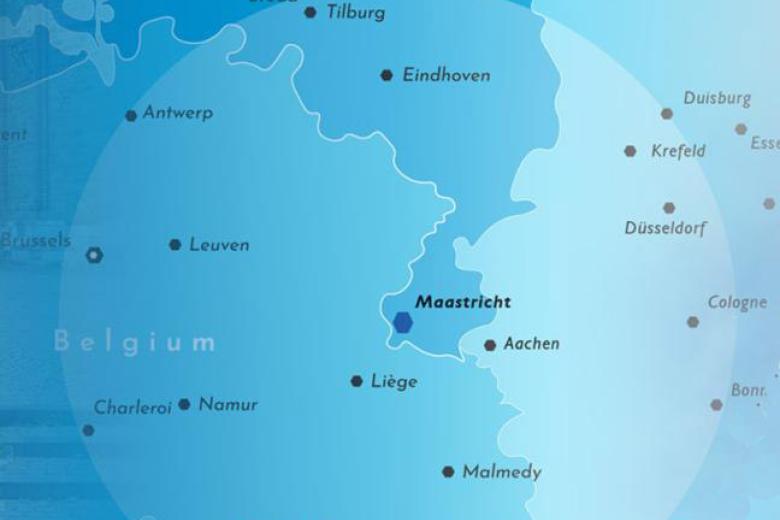Team SmartBite wins Top Sector Chemistry student competition with innovative bruxism sensor!
Three of our students, Onno Akkermans, Mitch Spronck and Pegah Keshaniyan, entered the Top Sector Chemistry student competition with their project on developing a sensor to measure bruxism.
The sensor they developed is smaller, thinner and more sensitive than the sensors that are currently on the market, and can be custom made.
During CHAINS 2015 (the largest scientific chemistry congress in the Netherlands), all participants got to present their project.
Onno, Mitch and Pegah won the competition! Needless to say we are very proud of our students!
“SmartBite has found a creative way to apply chemistry to a relevant problem. The team had a clear plan prepared with a multidisciplinary approach, and this led to good and immediately applicable results. During their presentation they were clear in their explanation and the answers to the questions of the jury were very convincing”, the jury explained.

Congratulations Onno, Mitch and Pegah!
Also read
-
Companies unlock Maastricht University’s hidden talent
@Work students serve as a bridge between academia and industry, helping companies recognise the university’s strengths. “We’re a hidden gem that’s gradually being discovered, as more and more people learn that we are one of the largest academic data science and AI programmes in the Netherlands
-
If a machine can write a flawless essay, what’s left for the writer?
UCM graduate Robin van Wasen traces how writing has shaped her learning, identity, and voice, and asks whether AI, despite its fluency, can ever replace the intent, authenticity, and connection that define human writing.
-
DigiMach places Meuse-Rhine Euroregion at the heart of industrial digitalisation
DigiMach (Digital Machining) is a new cross-border project uniting Belgium, Germany, and the Netherlands around a common goal: accelerating the digitalisation of the machining industry in the Meuse-Rhine Euroregion.